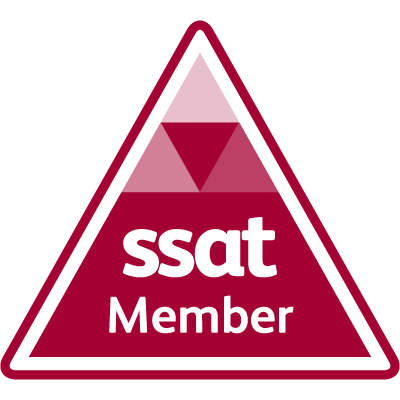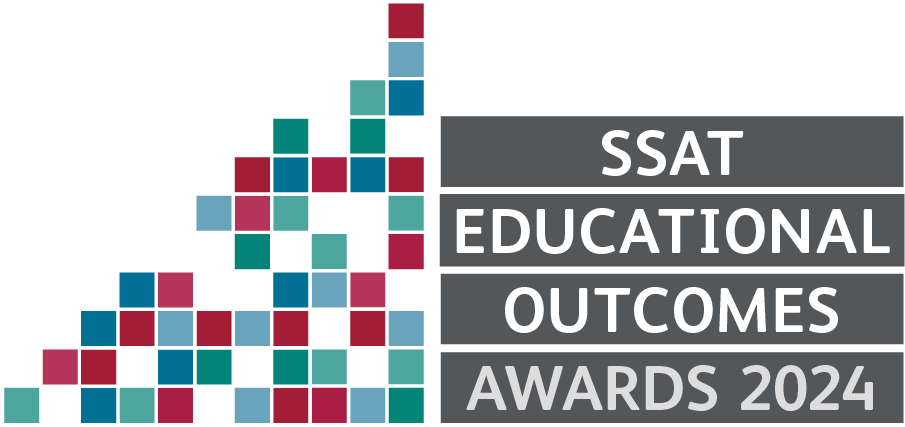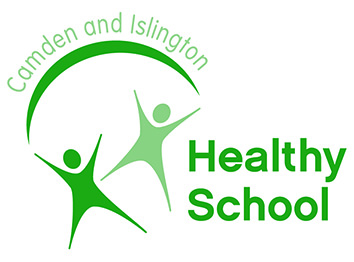Literacy Across the Curriculum
Whole School Literacy at Parliament Hill School
PRINCIPLES
It is our aim to develop learners at Parliament Hill School who are confident and powerful language users, both independently and collaboratively, and in a range of contexts and roles. All learners have an entitlement to high quality language development in order to:
- Become effective learners who enjoy learning, make progress and achieve;
- Grow into confident, versatile and powerful language users and communicators;
- Acquire independent critical thinking skills;
- Cultivate the skills and social capital needed to become autonomous and active citizens.
LEARNING AND TEACHING IN THE CLASSROOM
Subject teachers
In their planning and daily practice, subject teachers develop consistent approaches to learning and teaching in literacy through application of Parliament Hill’s essential pedagogical practices:
Whole School Teaching Practices
The 12 Essentials of Literacy Teaching at Parliament Hill
1. Planning to meet the literacy needs of all students through the use of literacy data and AFL practices;2. Modelling expectations and processes, including presentation and accurate spelling, punctuation and grammar;3. Teaching vocabulary explicitly – e.g. through vocabulary banks;4. Marking and feedback for literacy including the setting of literacy targets;5. Providing opportunities, strategies and resources for students to green pen & CRAFT their work;6. Providing differentiated exemplar materials and opportunities to deconstruct these;7. Providing appropriate scaffolding e.g. literacy mats; planning tools; sentence starters; speaking frames;8. Making reading active e.g. highlighting, annotating, sequencing, summarising;9. Explicit teaching of the conventions of different types of text through SPLAT;10. Explicit teaching of spelling, punctuation and grammar and other cross curricular literacy skills e.g. skimming and scanning; use of topic sentences and other structuring devices;11. Making links across the curriculum to ensure that students transfer skills;12. Employing displays to support literacy teaching and the development of independent literacy skills.A Common Approach to Spelling Policy | PDF








